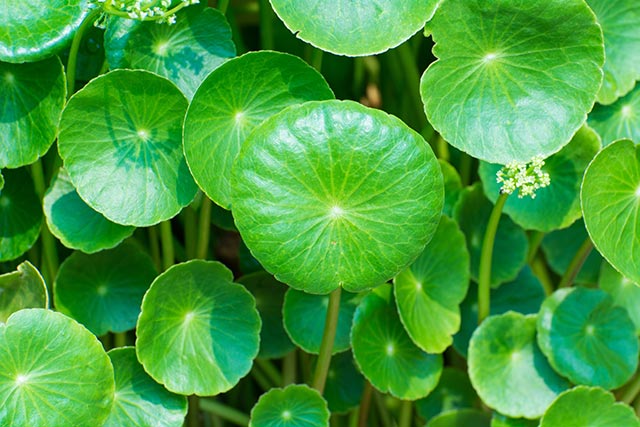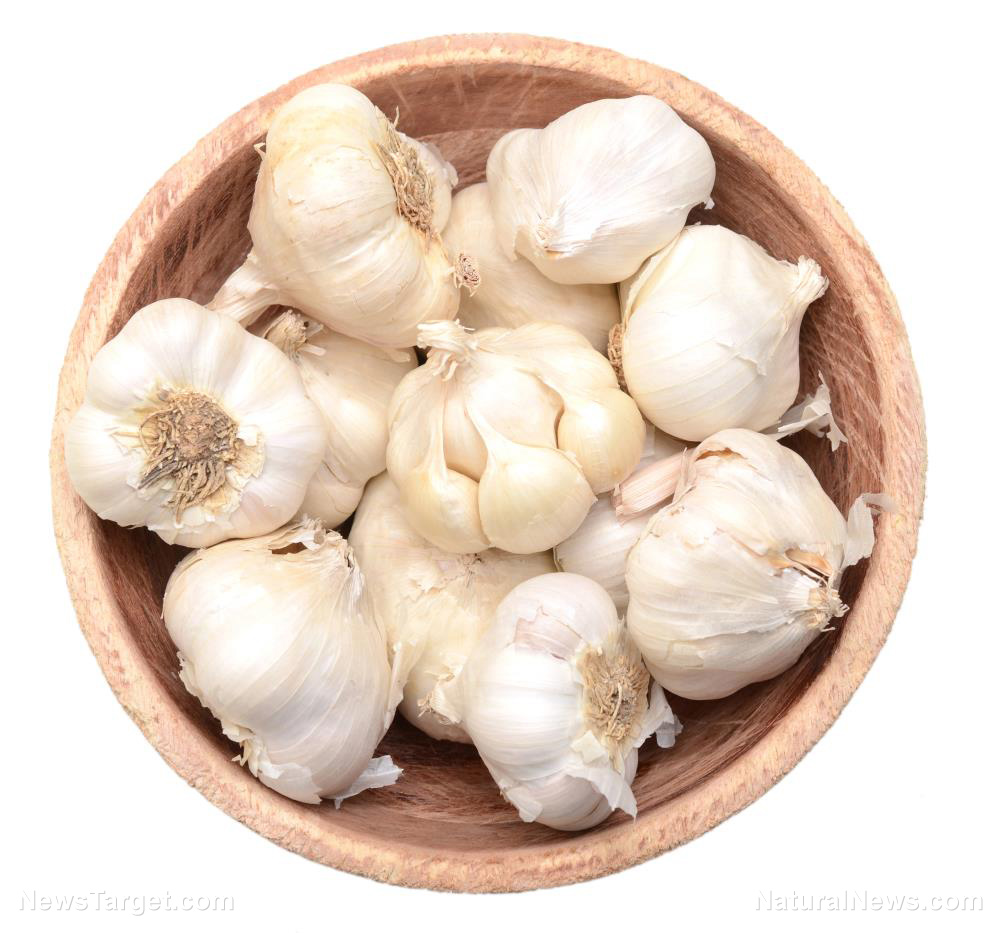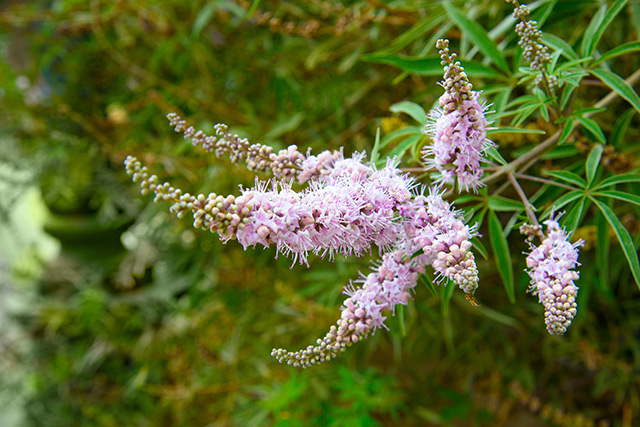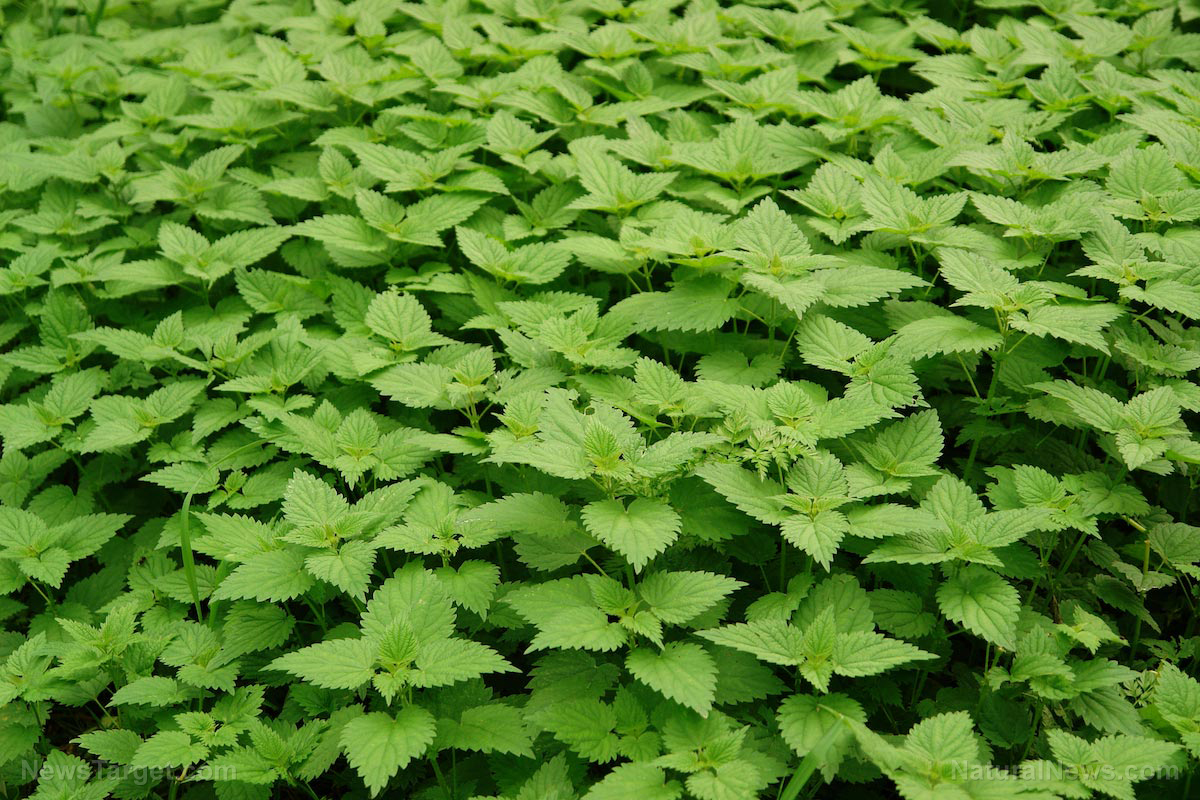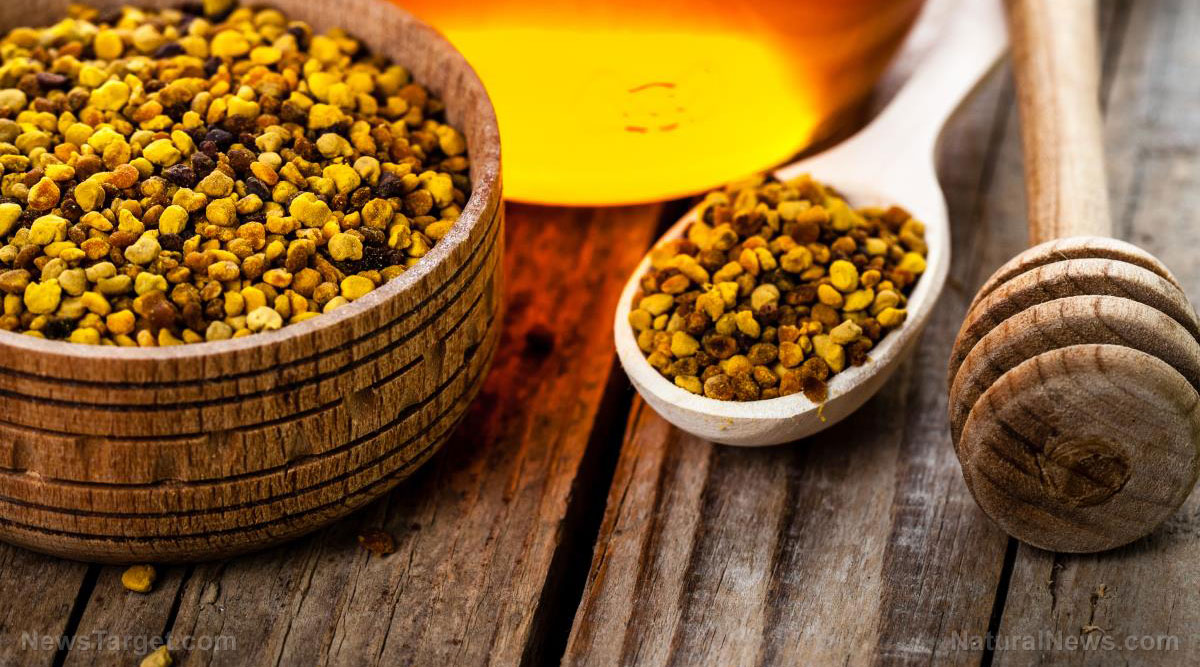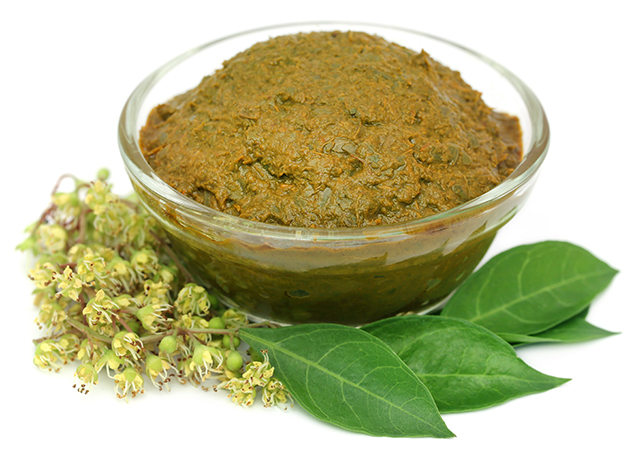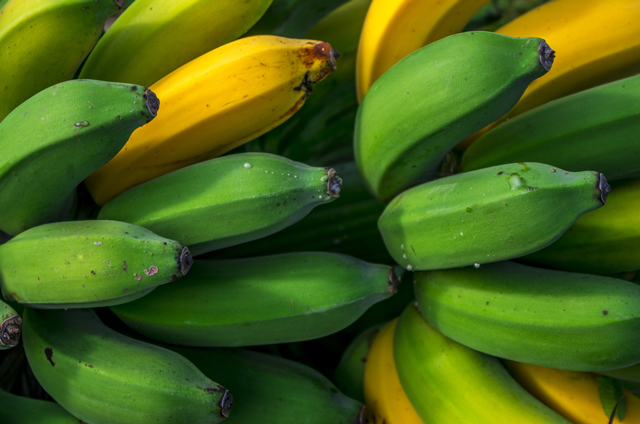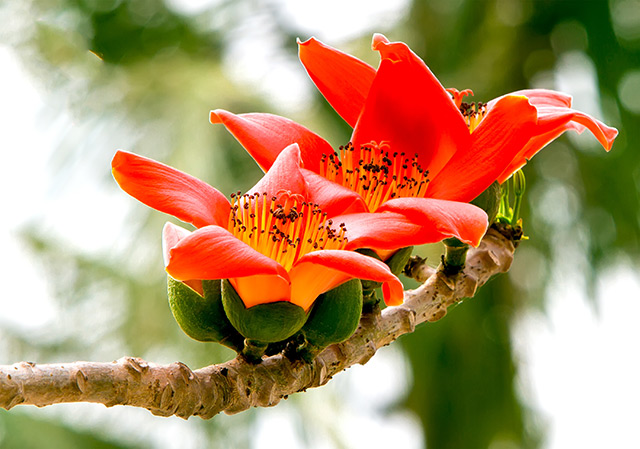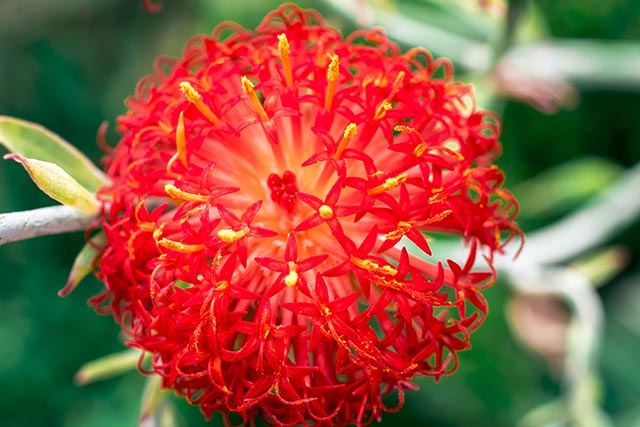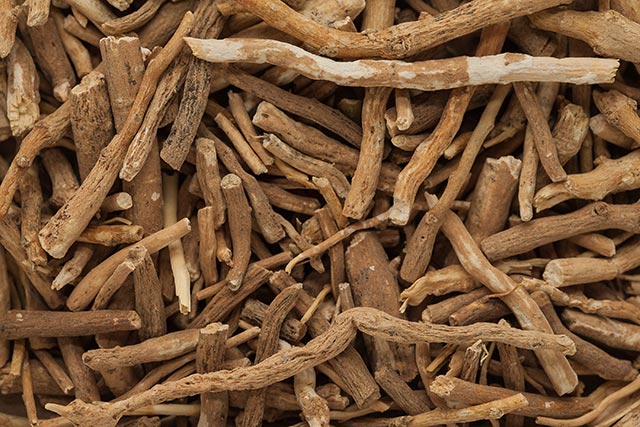The antiprotozoal effects of 5 Indonesian medicinal plants
10/18/2018 / By Ellaine Castillo
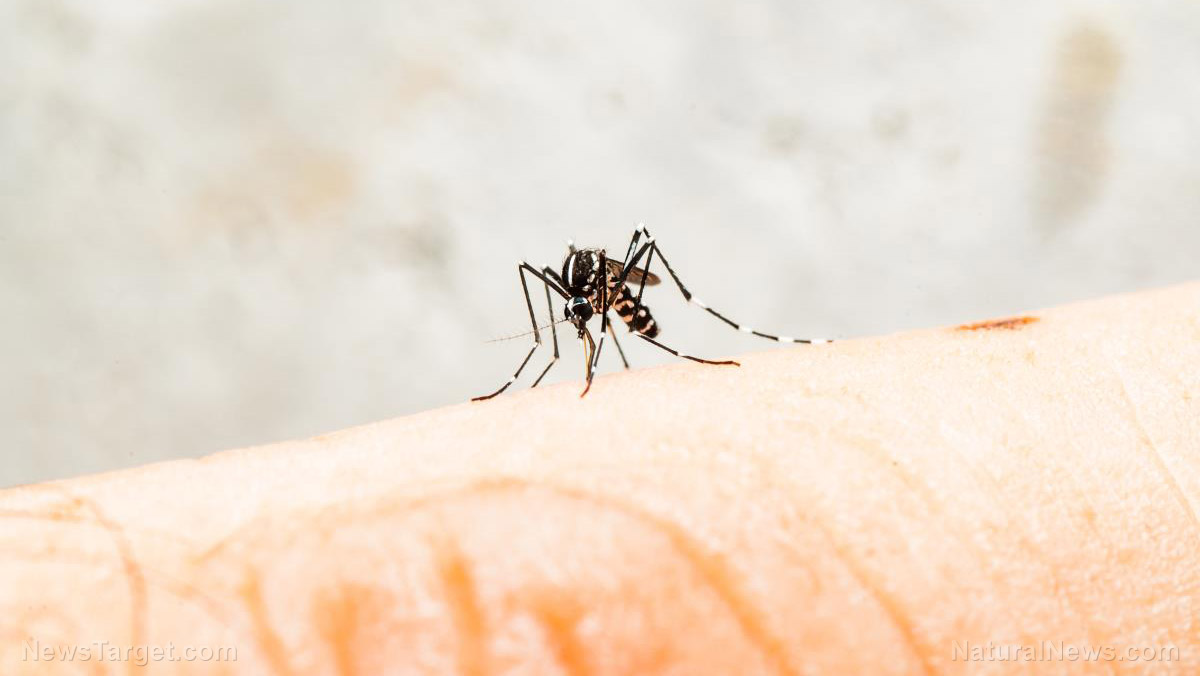
Malaria is a common parasitic disease that greatly affects people in developing countries. The malaria parasite Plasmodium falciparum was shown to be resistant to antimalarial drugs, which is why researchers continue to search for novel antiparasitic compounds from natural sources. In a study, which was published in the Journal of Herbal Medicine, it was revealed that five Indonesian medicinal plants have antiparasitic activity. The plants included in the study are Tithonia diversifolia, Cyclea barbata, Tinospora crispa, Arcangelisia flava, and Pycnarrhena cauliflora.
- More than 3.2 billion people are at risk for malaria. From this, it is estimated that malaria would cause approximately 584,000 deaths.
- T. diversifolia, C. barbata, T.crispa, A. flava, and P. cauliflora are traditionally used in Indonesia for treating malaria.
- For medicinal purposes, people usually use the T. diversifolia leaves, the stem and leaves of C. barbata, T. crispa and A. flava stem, and the radix of P. cauliflora.
- In this study, the researchers evaluated the in vitro activity of the plant extracts against P. falciparum. Aside from this, they also determined antiparasitic activity against Babesia divergens and Leishmania infantum, which are known for causing babesiosis and leishmaniasis, respectively.
- Antiparasitic activities were expressed as IC50 values, which corresponded to the concentration needed to inhibit 50 percent of parasite growth.
The results of the study show that extracts from the medicinal plants, except for C. barbata and T. crispa, were effective against P. falciparum, with A. flava having the highest antiplasmodial activity and lowest cytotoxicity. Additionally, the researchers observed that plants with antiplasmodial activity exhibited antibabesial activity. Meanwhile, only P. cauliflora exhibited activity against L. infantum. These results suggest that T. diversifolia, A. flava, and P. cauliflora can be used to treat malaria and babesiosis while P. cauliflora can also be used to treat leishmaniasis.
Read the full text of the study at this link.
Learn more about the antiprotozoal effects of these medicinal plants by visiting Cures.news today.
Journal Reference:
Ramadani AP, Paloque L, Belda H, Tamhid HA, Masriani, Jumina, Augereau J-M, Valentin A, Wijayanti MA, Mustofa, et al. ANTIPROTOZOAL PROPERTIES OF INDONESIAN MEDICINAL PLANT EXTRACTS. Journal of Herbal Medicine. March 2018;11:46–52. DOI: 10.1016/j.hermed.2017.06.004
Tagged Under: antibabesial, antileishmanial, Antiparasitic, antiplasmodial, antiprotozoal, Arcangelisia flava, Babesia divergens, Babesiosis, Cyclea barbata, herbal medicine, Herbs, Indonesian medicinal plants, Leishmania infantum, leishmaniasis, Malaria, medicinal plants, parasites, parasitic disease, Plasmodium falciparum, Pycnarrhena cauliflora., Tinospora crispa, Tithonia diversifolia


